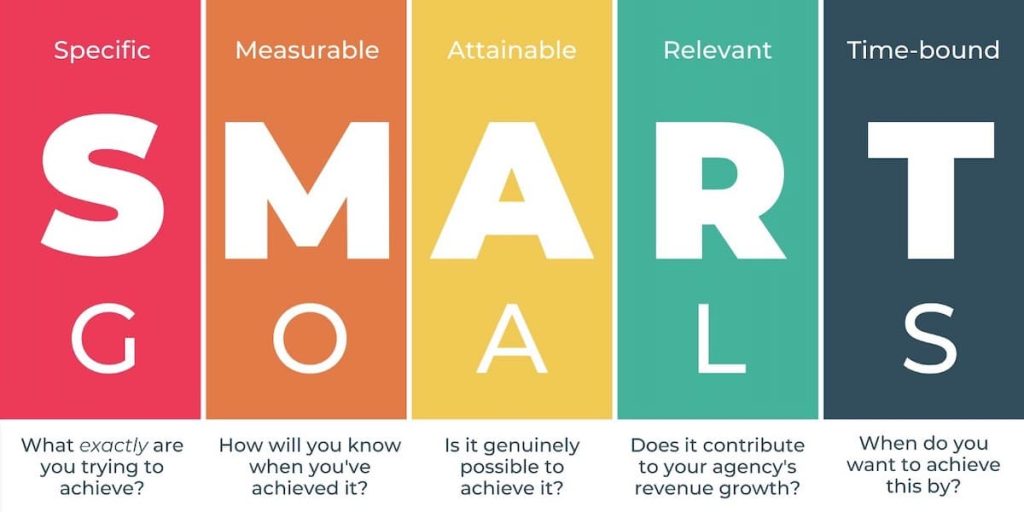
Every year, everyone has their typical new year’s resolutions, right? Whether it’s going to the gym more, going for a run every day, reading more, studying harder, not going out as much on weekends to focus on better things than partying. The list could go on forever.
How often does that work? The answer might surprise you. According to the New York Times, 80% of goal-setters fail their resolutions by February.
Let me say that one more time, 80 PERCENT BY FEBRUARY.
That is most people who set goals, gone when we’re only 1/6 of the way through the year, with 5/6 to go. Meaning, there must be a better way to think about goals, that make them more attractive to continue and more attainable overall.
What worked before? Or what didn’t?
Now where is the best place to start when trying to make good goals?
I would like you to take a step back and list some of your greatest accomplishments over the past 12 months. Once you have done that, then consider what helped you achieve that goal? Here are some questions you could ask yourself about those past moments:
- How consistently did you work to achieve that goal?
- Were there certain individuals that played a key role in you achieving that goal?
- Why did you push to accomplish what you accomplished, what was the true purpose?
- What things did you learn from your past accomplishments that you could do better?
Now, these are only a few of the questions you could ask, and I should remind you that the SAME QUESTIONS could be asked about times when you made mistakes and fell short on some past goals.
This is what should help define and sculpt how you want to craft your goals for the next 2, 6, or 12 months.

There are several different ways that people can go about creating goals, as shown above, the acronym SMART represents a way to formulate goals, which I will go over below.
SMART Goal Setting
SMART goals share 5 specific traits that make for better goals overall. Here’s how the acronym is broken down.
- S: Specific
- M: Measurable
- A: Achievable
- R: Realistic
- T: Time-Bound
Specific: Avoid broad overarching goals, narrow them down, split them apart, do whatever you have to do so your goals are smaller, it will help you continue to make progress quicker than trying to achieve one large goal
Measurable: Define how you will measure progress and success. Identifying ways to split your goal into longer and shorter goals that you can measure, will make it easier to stay motivated and continue working on your goals
Achievable: As much as it may seem difficult to think about, think critically about what is reasonable for you to achieve. Would you train for a marathon in 60 days if you’ve never run a race before, or should you be starting with a 5k instead, then moving up?
Realistic: Is the goal realistic? Do you have the time or the energy? The resources to complete it? If you do have those, will it be enough to achieve your goal in the time you allow for your goal? Make sure your goal is realistic given the things around you, before you get carried away on an unrealistic goal. The more realistic your goal, the easier it is to achieve it, and take the good energy you have from completing one goal and invest it into working towards another goal.
Time-Bound: Make sure to understand a start and end date. This will keep you from getting carried away and never having to complete your goal. Having a completion date or end date forces you to stay disciplined and complete it by the end date.
As listed above, this is one of many ways to formulate goals, but I think this is one that will help you all build better goals. These are some things to think about when thinking about setting goals as we head into 2023. Happy New Year!


